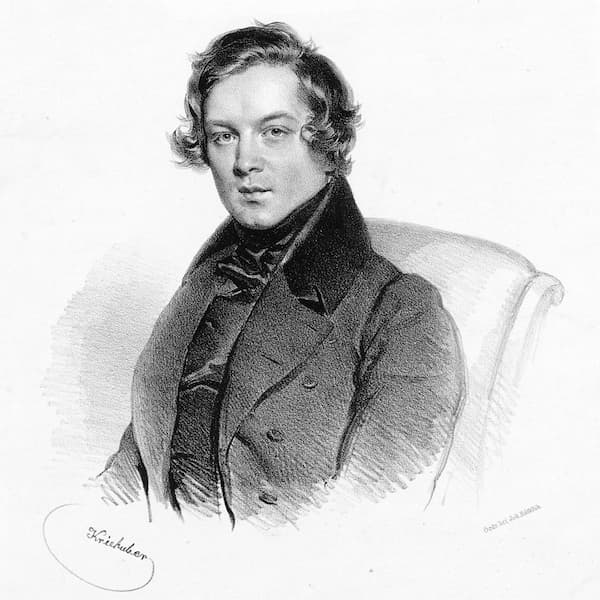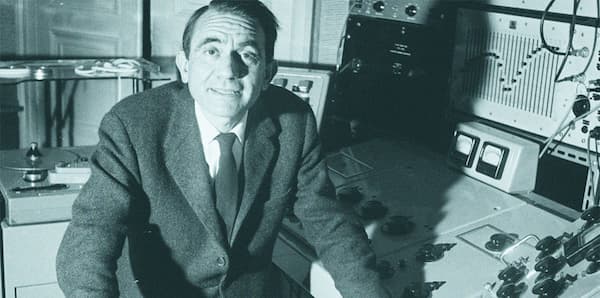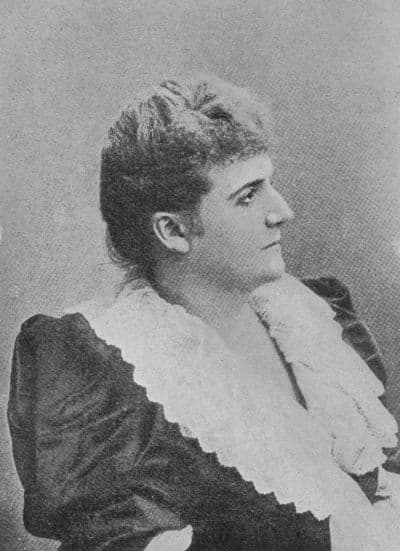One of the new artistic partners of The Saint Paul Chamber Orchestra, Tabea Zimmermann is an astounding artist, multiple award-winning violist, and a mesmerizing personality. Currently the artist in residence with the Bavarian Radio Symphony Orchestra, previously holding the same position with the Berlin Philharmonic and the Amsterdam Concertgebouw, her commitment to contemporary music, her charismatic personality, and her dynamic playing makes her a popular favorite among both audiences and colleagues.
Tabea Short Interview
So, what is an artistic partner you might ask? The SPCO is unusual in that their innovative approach to artistic leadership entails working without a conductor. In 2004, the SPCO elected to transfer broad artistic responsibilities from a music director or conductor to the SPCO musicians themselves partnering with a vibrant group of Artistic Partners. The musicians benefit from having a guest with unique abilities and approaches to music for a more extended collaborative time—more than one week, the typical time spent with a visiting orchestral soloist. Furthermore, in the SPCO’s case, “In collaboration with a committee of SPCO musicians and management, the Artistic Partners develop distinctive multi-year programming plans focused on the particular musical interests they share with the SPCO.”
This season there are five artistic partners. Tabea Zimmermann is one of them.
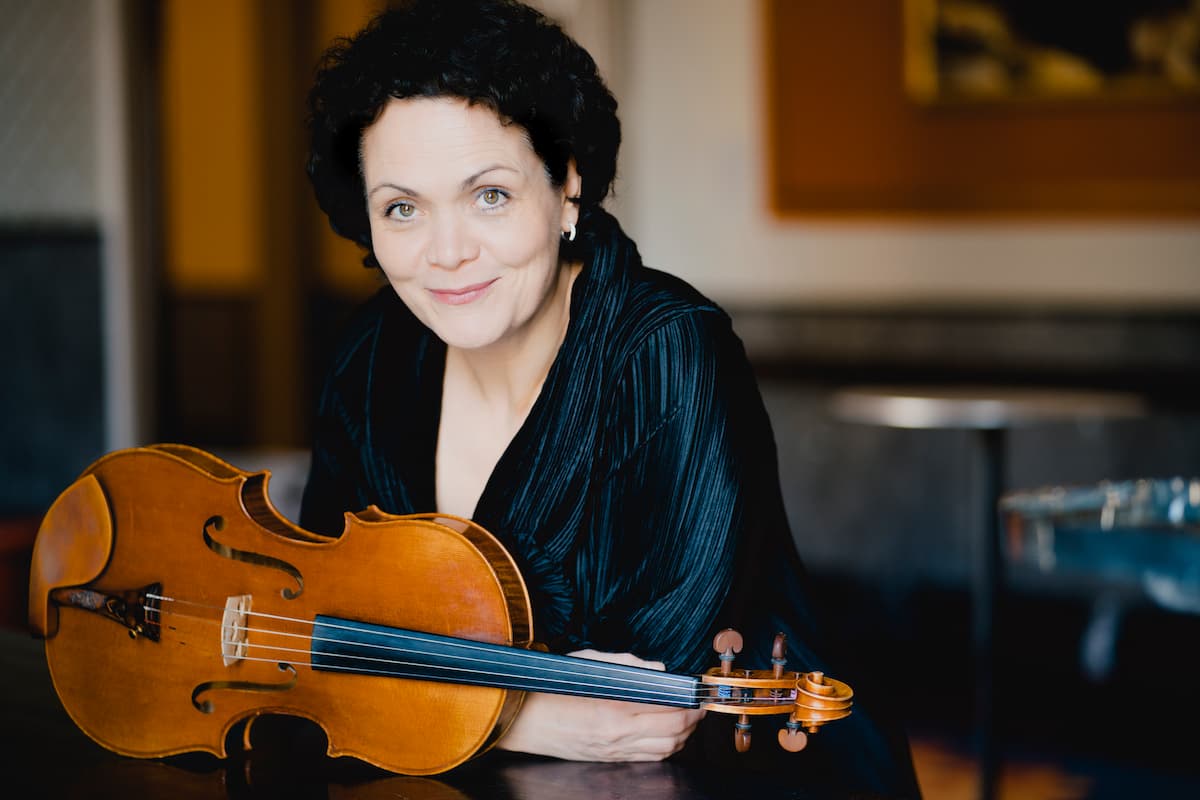
Tabea Zimmermann © Marco Borggreve
Born in Germany, Zimmermann received her first viola lessons at the age of three, and soon after she also started to play the piano. Her advanced studies were also in Germany. In the 1980s she garnered international attention after winning several prestigious competitions including Budapest, Geneva, and the Maurice Vieux International Viola Competition in Paris. Zimmermann has not only been sought for artistic partnerships but also as a chamber music partner, a teacher, and an exponent of contemporary music.
Rebecca Clarke: Viola Sonata – I. Impetuoso: Poco agitato (Tabea Zimmermann, viola; Kirill Gerstein, piano)
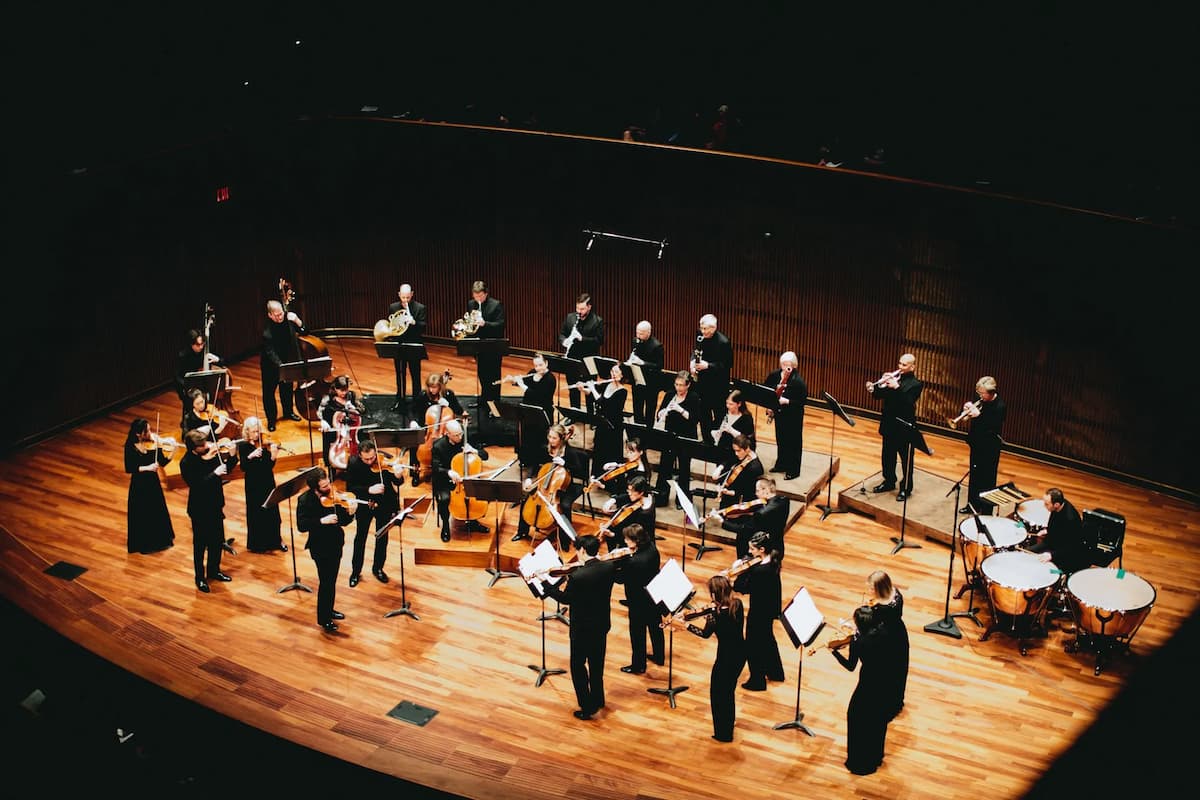
Saint Paul Chamber Orchestra musicians © Eden Prairie Local News
She muses that the viola is a “philosophical Instrument” with its dark, melancholic sound that inspires thinking, and she believes her music is not only for the ears but also the soul. The winner of numerous important awards including the Nobel Prize for Music the Ernst von Seimens Music Prize, her impressive discography includes all the standards, and transcriptions she herself wrote, but also many contemporary works written for her.
Astor Piazzolla: Le Grand Tango (arr. for viola and piano) (Tabea Zimmermann, viola; Javier Perianes, piano)
I attended the program with the Ödön Pártos Yiskor, Brahms Serenade No. 2 in A Major Op. 16, and Béla Bartók Divertimento for String Orchestra which she led with panache. The beautiful work of remembrance by Israeli violist and composer opened the program. Originally from Hungary, Pártos emigrated to Palestine before World War II and held the principal viola chair of the Israel Philharmonic for almost two decades. Yiskor, the traditional Jewish prayer for the dead, was written in 1947 in honor of victims of the Holocaust and it is a piece that exemplifies being stricken with grief. It was played with remarkable intensity and soulful tones.
Ödön Pártos: Yiskor (In Memoriam) (arr. for viola and piano) (Rivka Golani, viola; Michael Hampton, piano)
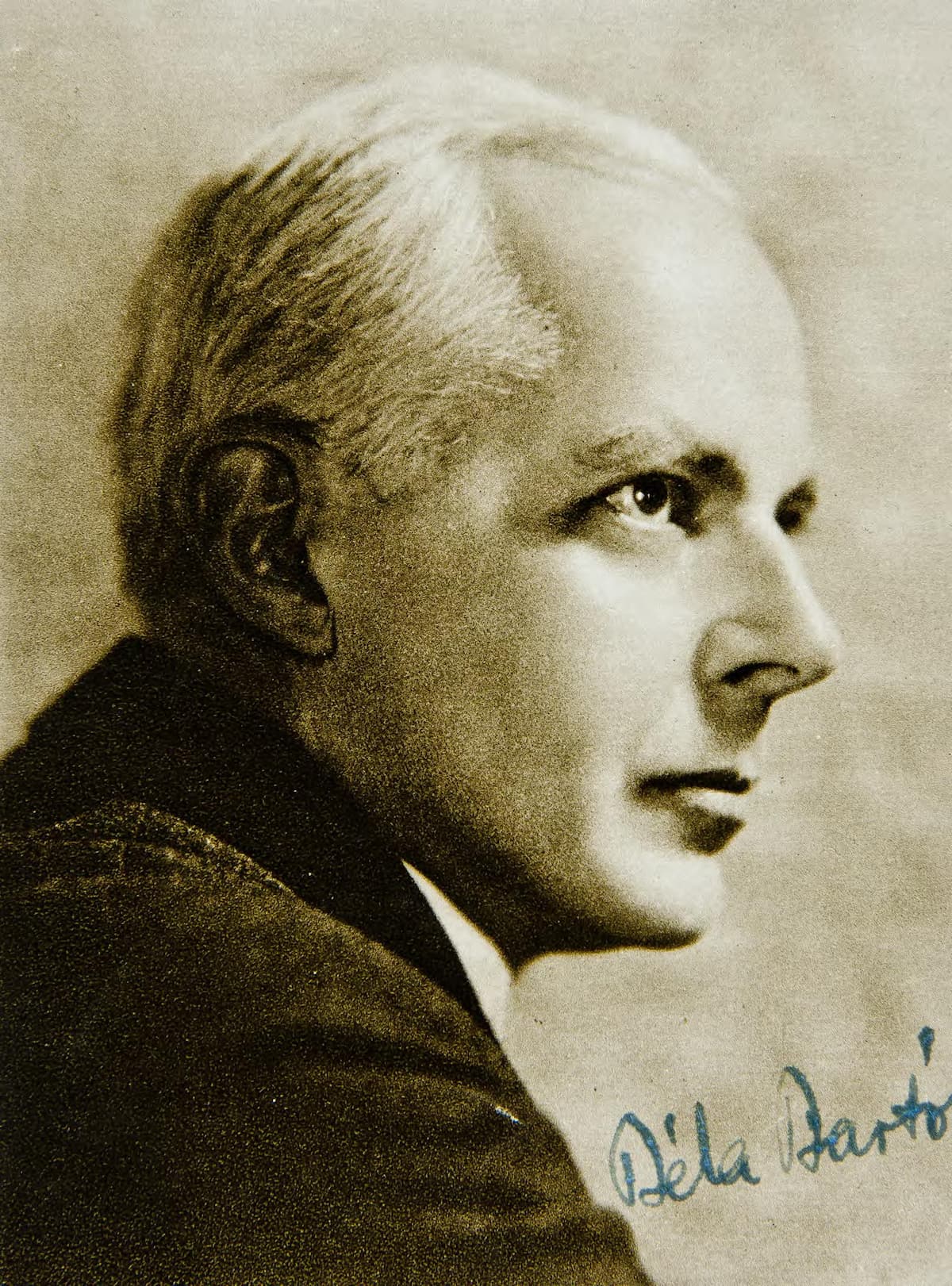
Béla Bartók
Bartók’s Divertimento for Strings, in three movements, is a complex and exhilarating work. Having performed the piece, I can honestly say I was amazed at how the musicians were able to play with impeccable ensemble throughout. Zimmermann led effortlessly, her exuberant body language and fluid movements with her viola mesmerizing. Commissioned by the Swiss conductor and patron Paul Sacher, who provided Bartók with a chalet in the village of Saanen, Switzerland, it was written in an astonishing 15 days.
The piece harkens back to the concerto grosso style, with solo strings alternating and set against the tutti or entire string sections. Written in 1939 on the cusp of war and exile, the work is more light-hearted than his other music but still maintains propulsive and sometimes aggressive rhythms, chromaticism, and some folk-like tunes. Only in the muted slow movement, with haunting and eerie textures, is there a hint of the darkness, exile, and the heartache to come. The finale is an exuberant Hungarian dance in rondo form swirling forward and punctuated by Bartók’s characteristic snap pizzicatos, which result in a percussive effect. It has some brilliant solos for the concertmaster and is quite an infectious movement.
Béla Bartók: Divertimento, BB 118 – III. Allegro assai (Virtuosi di Kuhmo; Péter Csaba, cond.)
The last work on the program, the Brahms Serenade, is in five movements. Written in 1859 it is dedicated to Clara Schumann. The work has no violins and thus has a darker, mellow quantity despite the addition of winds. And yet this work is light, sunnier, charming, and with dance-like movements, especially in the sprightly vivace scherzo movement. The adagio movement the longest of the five, is weightier, even melancholy, especially in contrast to the nimble “Quasi Menuetto, and joyful finale rondo.
Johannes Brahms: Serenade No. 2 in A Major, Op. 16 – II. Scherzo: Vivace (London Symphony Orchestra; Michael Tilson Thomas, cond.)
Zimmermann sat in the “concertmaster” seat, on a higher chair for visibility, but despite sitting, her movements were with such effortlessness and so clear that there was not a moment of doubt over the ensemble. She keeps her head erect and often free of the viola, which moves as if floating through the air with her. And as in chamber music, each player took the initiative following and inspired by Zimmermann. They responded by also breathing as one and their demonstrative body language created a joy onstage that was palpable.
For more of the best in classical music, sign up to our E-Newsletter
Encore by Tabea Zimmermann

